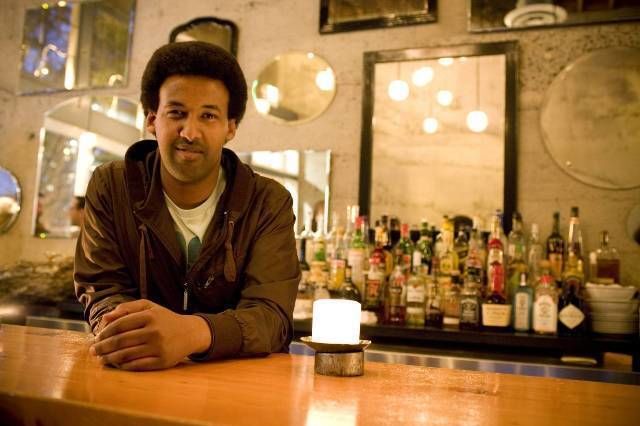City Hall
Bagshaw, on Jogging Alone
City council member Sally Bagshaw offered a more detailed response today to my post yesterday about a piece
she wrote on her blog responding to a recent spate of sexual assaults on women in parks. In that post, she urged women to "use the buddy system" when jogging at night. My argument, in brief, was that teaching women behaviors to "prevent" sexual assault ignores and potentially absolves the men doing the assaulting, and that telling women to constrain their activities in a way men don't have to is the start of a very slippery slope toward saying "she asked for it" when they fail to meet that double standard.
Bagshaw detailed her views more thoroughly in an email, which I've excerpted here:
It's a sad but unfortunate truth that we have to define consent so explicitly (as opposed to, "If you're both enthusiastic about it and in charge of your mental faculties, go for it"), but---as the Julian Assange case (but she was wearing a tight sweater/consented to other sexual activity/didn't scratch his eyes out!) made pitifully clear---we do.
And the bottom line remains: However much women try, as we all do, to "protect ourselves"---avoiding certain parts of town after dark, carrying a whistle, keeping our guard up at all times---we can't prevent sexual assault alone. We need men standing with us.
Bagshaw detailed her views more thoroughly in an email, which I've excerpted here:
The blog [post] was not intended to address the deeper issues you raise; rather we were responding to a request from our local police precinct to alert women joggers to the risk of jogging alone after numerous women were attacked by (we think it was the same guy) who has some apparent mental issues. [...]
[A]lthough we have made progress toward how women are treated, it requires constant work and we have a long way to go. As a mother of two sons who raised them to respect women as equals and to treat all people with respect, and as a woman who went to law school when less than 10% of my class were women and we faced some interesting stereotypes, I think you and I could have some interesting dialogues on this topic.
FYI: 15 years ago when my sons were in high school I taught some self defense and personal awareness classes to a class of high school girls. We taught them techniques and gave them confidence-building tools which were valuable, while simultaneously working with both high school boys and girls about dating basics. I found a list of the information we taught from a recent Minnesota site for women that might be a starting point:
Giving in is not the same as giving consent.
Consent is not present when either partner:
• Fears the consequences of not consenting (including use of force)
• Feels threatened or intimidated
• Fears being "outed"
• Is coerced or embarrassed
• Says no, either verbally or physically (e.g., crying, kicking or pushing away)
• Has communication barriers that prevent the person from understanding what is being said.
• Has differing abilities that prevent the person from making an informed choice
• Is incapacitated by alcohol or drugs
• Lacks full knowledge or information of what is happening
• Is not an active participant in the activity
• Is under the legal age of consent
It's a sad but unfortunate truth that we have to define consent so explicitly (as opposed to, "If you're both enthusiastic about it and in charge of your mental faculties, go for it"), but---as the Julian Assange case (but she was wearing a tight sweater/consented to other sexual activity/didn't scratch his eyes out!) made pitifully clear---we do.
And the bottom line remains: However much women try, as we all do, to "protect ourselves"---avoiding certain parts of town after dark, carrying a whistle, keeping our guard up at all times---we can't prevent sexual assault alone. We need men standing with us.




